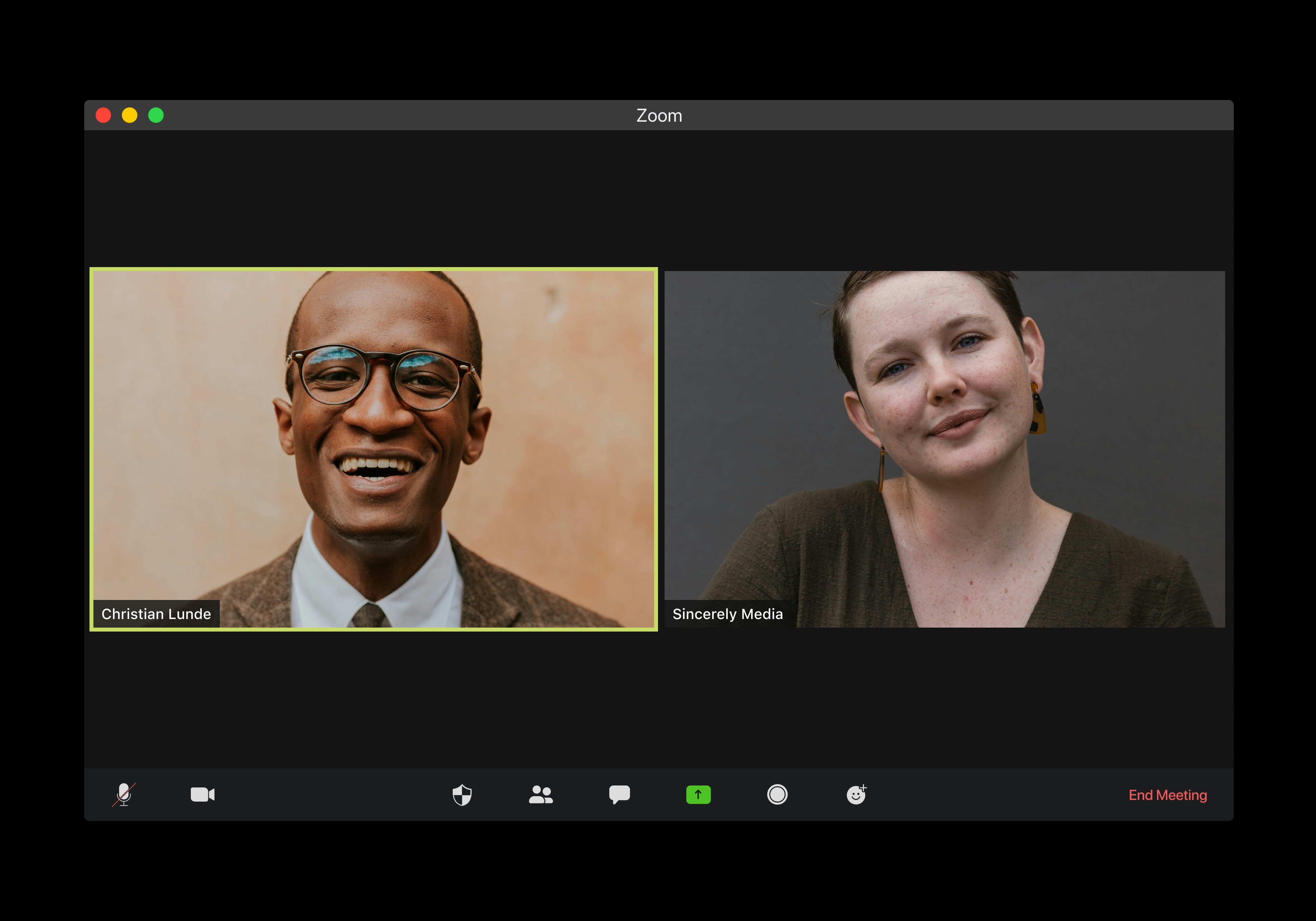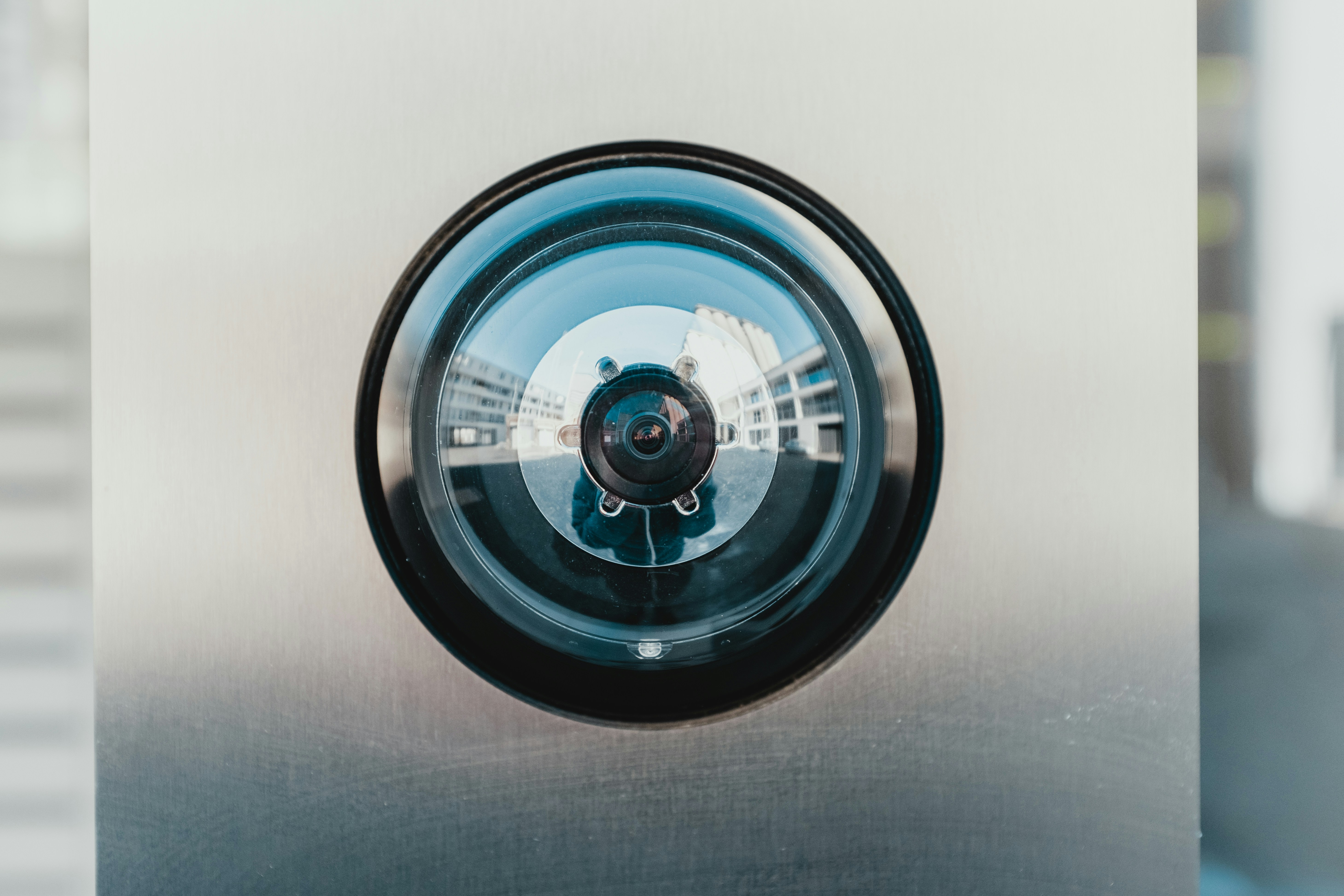Healthcare data is valuable and constantly under threat of attack by hackers and cybercriminals. This is even more true during the current global pandemic. According to the HIPPA Journal, there were 510 data breaches in 2019, up 196 % from 2018. Cybersecurity problems are a big deal that affects everything from care delivery to solvency. A cyber attack can leave health institutions unable to provide care for several hours and come at a staggering cost to identify and contain.
Modern healthcare organizations have some form of IT security package, services, and/or policy, but such efforts just aren’t good enough. Most health care leaders don’t know how unauthorized access, phishing scams, or ransomware attacks could affect their operations. This is because current healthcare cybersecurity doesn’t work the way it should. Healthcare cybersecurity is nowhere near the level of sophistication of other established industries such as aerospace or finance, but there are advancements on the horizon that will steer cybersecurity in the right direction.

Top Trends in 2020
Digital operations in 2020 have become more important as COVID-19 has led to a work-from-home culture and the need to reimagine business offerings and customer experience. Surprisingly there hasn’t been much in the way of new innovations because mobile technology has been around for years. What has changed is how much mobile technology is relied on. Such a shift is a catalyst for new security activity integrating into underlying technology models.
Take a look at the top three trends in healthcare security advancement for 2020:
1. Cybersecurity has positive momentum in the arrival of COVID-19.

The pandemic has shed light on security practices and is pushing businesses to re-evaluate their market position and investments. The adoption of remote work has shown vulnerabilities in workforce knowledge and connectivity. With the COVID-19 pandemic, telehealth is eliminating the need for people to visit health centers and hospitals for their healthcare needs. From therapy sessions to audiology services, telehealth is a good option for reducing the risk of contracting and spreading COVID.
Hearing Health USA is the largest group of hearing health clinics in the US that specializes in tinnitus treatment and hearing aids including cochlear implants. The hearing health center is committed to providing the highest quality hearing healthcare by offering patients telehealth services such as hearing tests and assessment of online hearing test results, fine-tuning new hearing aids, and hearing aid service. Find a participating clinic online based on your audiology needs and discover the best hearing solution for you.
2. Formal practices are enforcing a modern security approach.

Security has shifted from a secure-perimeter mindset to being defined by advanced technology, a more detailed process, and more comprehensive education. Many companies are formalizing risk management and threat intelligence by implementing emerging frameworks to structure best practices. Cybersecurity is becoming less exclusive to IT function and more inclusive of the broad organization and the development of practices that lead to a stronger security position.
Even with cybersecurity, it’s still essential for health centers and hospitals to ensure the security of their grounds, personnel, and patients. Implementing access control with an electric lock that can only be opened via keypad, fingerprint, key fob, key card, or facial recognition is a smart way to keep an unauthorized person out.
Verkada’s enterprise-grade door access control system gives users door access control to authorized personnel. The access control solution integrates with existing door control hardware and features a control panel that can be used with existing card readers. As an access manager, you can open doors using a digital key card on your smartphone and manage user credentials with an access control app. Whether you need to secure a single door or every entrance of your clinic, the right door lock access control system will help keep personal information safe.
3. Cybersecurity personnel are becoming more specialized.

There is a growing demand for specialized cybersecurity personnel with skills in threat management, proactive testing, and regulatory compliance. Cybersecurity now includes the entire workforce, upper management, and the board of directors, each with certain responsibilities related to cybersecurity. Most companies are investing in training internal personnel with new specialized skills and bringing on external firms to ensure they have the proper blend of cybersecurity expertise.
The only way to improve healthcare cybersecurity is to invest in developing new solutions that are customized for the realities of healthcare in 2020 and beyond.






